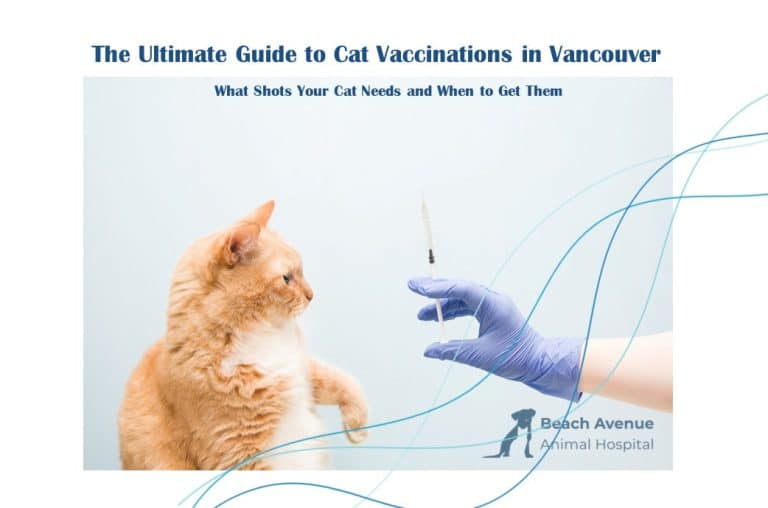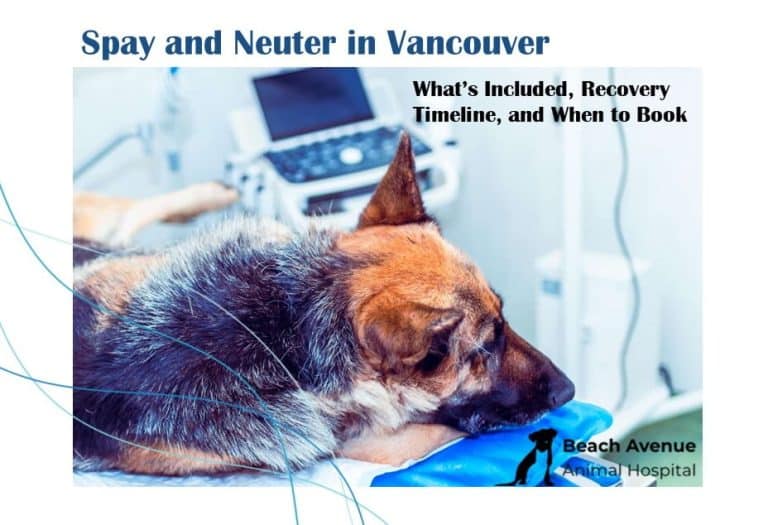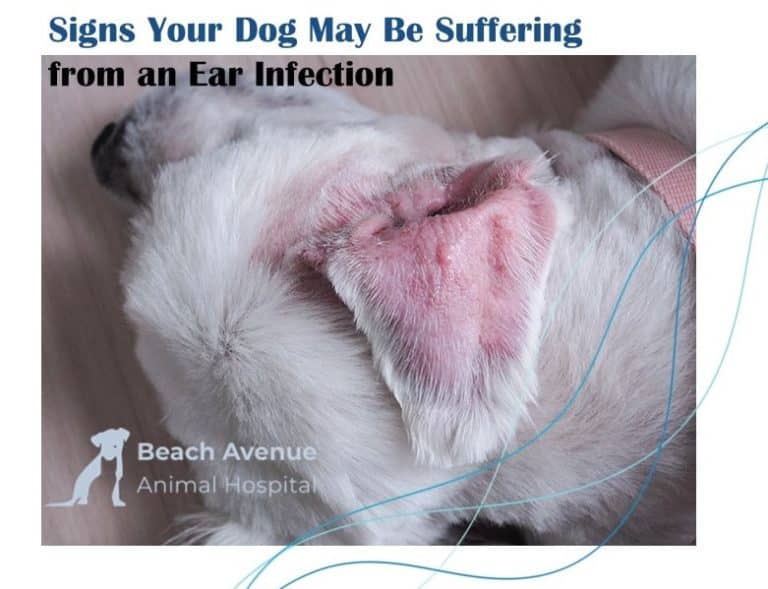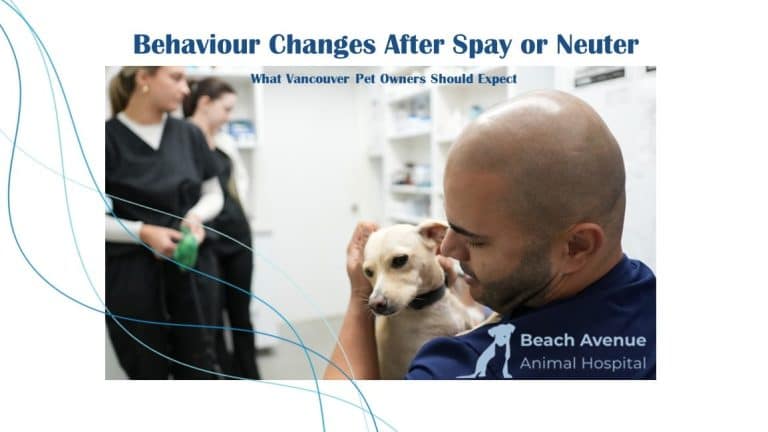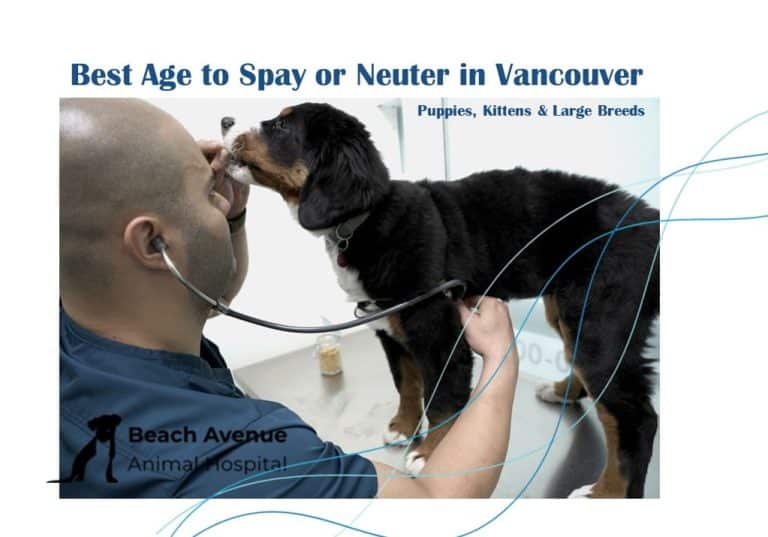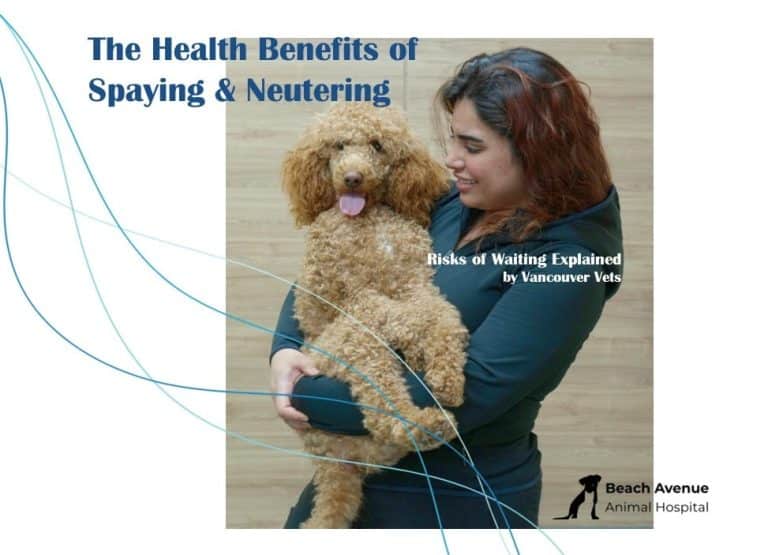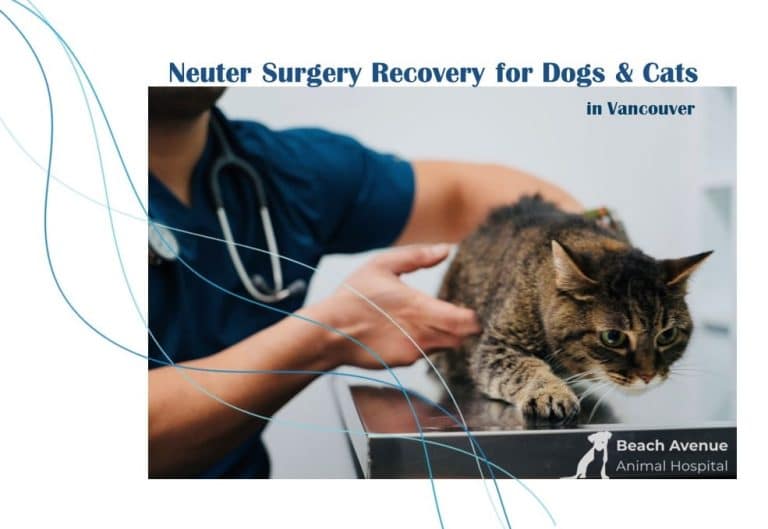As coyote sightings continue to rise across Vancouver, local pet owners are understandably concerned about the safety of their dogs and cats. Whether you live in Kitsilano, the West End, or near Stanley Park, encounters with urban wildlife are becoming more common—making proactive pet protection more important than ever.
Beach Avenue Animal Hospital, one of the best animal hospitals you can trust in Vancouver, offers not only emergency veterinary care but also guidance on how to prevent wildlife-related injuries through practical precautions and timely vaccinations.

Why Coyote Encounters Are Increasing in Vancouver
Urban development has pushed coyotes closer to residential neighborhoods in Vancouver. Reports of coyotes in Stanley Park, East Vancouver, and even downtown streets are not uncommon. These adaptable animals are most active at dawn and dusk, often scavenging for food. Unfortunately, small pets—especially cats and small-breed dogs—can be perceived as prey.
How to Reduce the Risk of Coyote Attacks
Preventing coyote encounters starts with environmental awareness and responsible pet management:
-
Keep dogs on a leash during walks, especially in wooded areas or parks.
-
Avoid leaving food outside, including pet food, bird seed, and compost.
-
Supervise outdoor time for cats, or consider transitioning them to indoor living.
-
Secure garbage bins and install motion-sensitive lights if coyotes frequent your area.
-
Be especially cautious around dusk and dawn, when coyotes are most active.
Vancouver’s urban parks and green spaces are ideal habitats for wildlife, but they can also pose unseen risks to unprotected pets.
What to Do If Your Pet Has Been Injured by a Coyote
If your pet is bitten or shows signs of trauma after being outdoors, take immediate action:
-
Examine your pet for visible wounds or bleeding, but avoid touching the area excessively.
-
Transport your pet carefully to minimize stress or further injury.
-
Seek veterinary attention immediately, even if injuries seem minor—coyote bites carry a high risk of infection, internal damage, and exposure to disease.
Veterinary clinics that are familiar with wildlife-related injuries can offer faster diagnosis, appropriate wound care, and monitoring for complications.
Recognizing Signs of a Coyote Encounter
In some cases, pet owners may not witness the attack but should remain alert to signs such as:
-
Puncture wounds, swelling, or limping
-
Shaking, hiding, or signs of fear and shock
-
Loss of appetite or energy
-
Unexplained aggression or defensiveness
These symptoms should never be ignored, especially if your pet was left unattended in a coyote-prone area.
The Role of Vaccinations in Preventing Complications
While no vaccine can prevent a coyote attack, up-to-date vaccinations are critical in reducing the severity of injuries and preventing secondary infections. The following are especially important:
-
Rabies vaccine — Legally required and essential in the event of any bite from a wild animal.
-
Leptospirosis vaccine — Protects against bacteria often spread through wildlife exposure.
-
Distemper, Parvovirus, and Tetanus coverage — Part of core vaccine protocols that help pets recover from trauma more safely.
Preventive veterinary care ensures that your pet’s immune system is prepared should an incident occur. Discuss a personalized vaccination plan with your vet, especially if you live near green spaces or urban parks.
Final Thoughts
Coyote encounters are an unfortunate but increasing reality for Vancouver residents. By taking preventive steps and staying alert, pet owners can greatly reduce the risk to their furry companions. And if the unexpected happens, fast, professional help is essential.
Beach Avenue Animal Hospital stands ready to support Vancouver pet families with expert emergency care and essential preventive services, including full vaccination protocols. Keeping your pet safe begins with being prepared—both before and after wildlife encounters.


